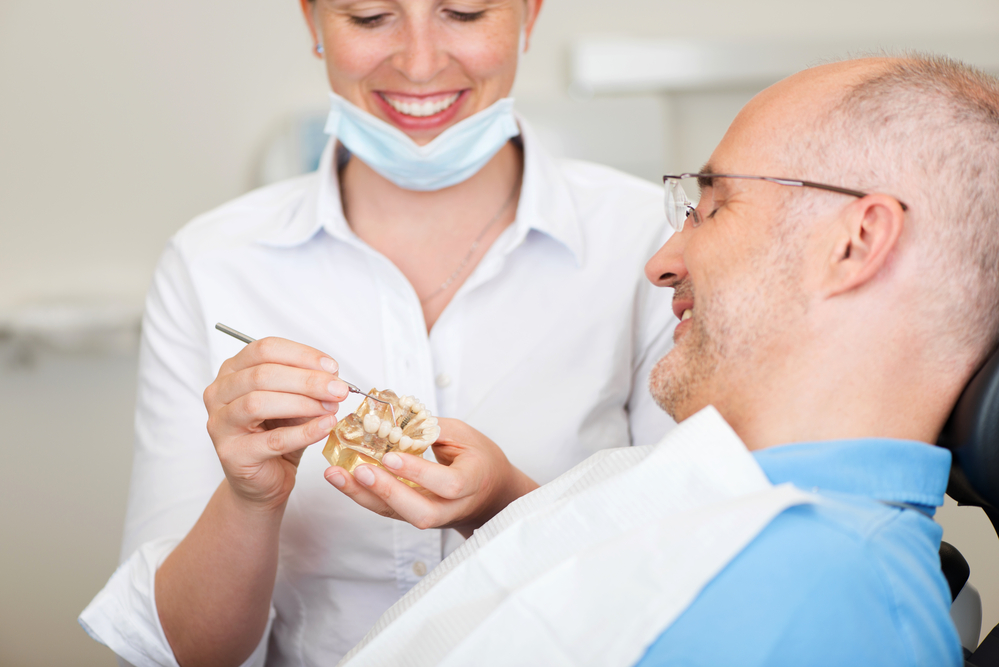Do you have a problem with your gums? Do you chew firmly because your gums are sensitive? These symptoms may indicate that you have a gum infection. It is vital to notice the initial indications of a gum infection. This article will go over how to spot the signs and symptoms of various gum diseases and dental infections, as well as when to seek the help of an oral health specialist.
What are the First Symptoms of a Gum Infection?
Bleeding, inflammation, swelling, and pain are some of the initial signs of a gum infection. If the infection spreads to your mouth, you may experience other symptoms such as nausea, vomiting, fever, chills, or pain. If you detect any of these symptoms, schedule an appointment with your dentist as soon as possible!
What are the Different Types of Gum Infections?
Like all infections, gum infections should be treated as soon as possible. Also, healthy gums play a very important role in maintaining good oral health. It is even truer if you wear dentures or even dental implants. Here are just a few of the types of gum infections that can occur.
Natural Tooth Infections
Gingivitis is one of several infections that can develop on the gums surrounding the real teeth. And it can occur if you wear one or more dental implants around natural teeth. Gingivitis is an infection that occurs when there is an accumulation of plaque. It is to be watched closely since it can evolve into periodontitis and then lead to tooth loss. A dentist can help you in this case.
Dental Implant Infections
Around dental implants, inflammation and gum infections can occur. Peri-implant infection is the term for this type of issue. Poor oral hygiene can lead to peri-implant infection. Smoking, periodontitis, genetic susceptibility, and uncontrolled diabetes mellitus have all been suggested as possible causes of this illness.
This infection resembles gingivitis; however, it differs in two ways. It spreads faster and does not cause pain like gingivitis since the dental implant is an artificial root. The follow-up of a dental health professional is, therefore, particularly important to detect it.
The professional recommended to treat a peri-implant infection is the dentist who has performed the dental implant placement. They then proceed to a small surgery.
Dental Prosthesis Infections
Prosthetic stomatitis, chronic inflammation of the gums, can occur when wearing removable dentures. It produces redness in a specific area or on the entire gum. Also, it may be accompanied by inflammation of the taste buds of the palate.
Poor hygiene, constant wearing of removable dentures, or poorly fitting dentures may be the cause. People with diabetes or who have vitamin or iron deficiencies can also be affected.
Because this infection is not always easy to identify, it is critical to see your denturologist on a frequent basis. Indeed, despite the infection, you may not feel pain if you wear your dentures all the time. Your denturologist will be able to examine the condition of your gums during regular appointments, adjust your dentures as needed, and advise you if he notices this problem. And, of course, if the discomfort is accompanied by inflammation, including redness and swelling.
Questions? Contact our Dallas-Fort Worth, TX Dentists Today!
If you have any additional questions about gum infections or would like to schedule an appointment with Dr. Kalpesh Patel & Dr. Yousif Bolus please don’t hesitate to contact Active Dental today! Our friendly staff would be delighted to help you.




